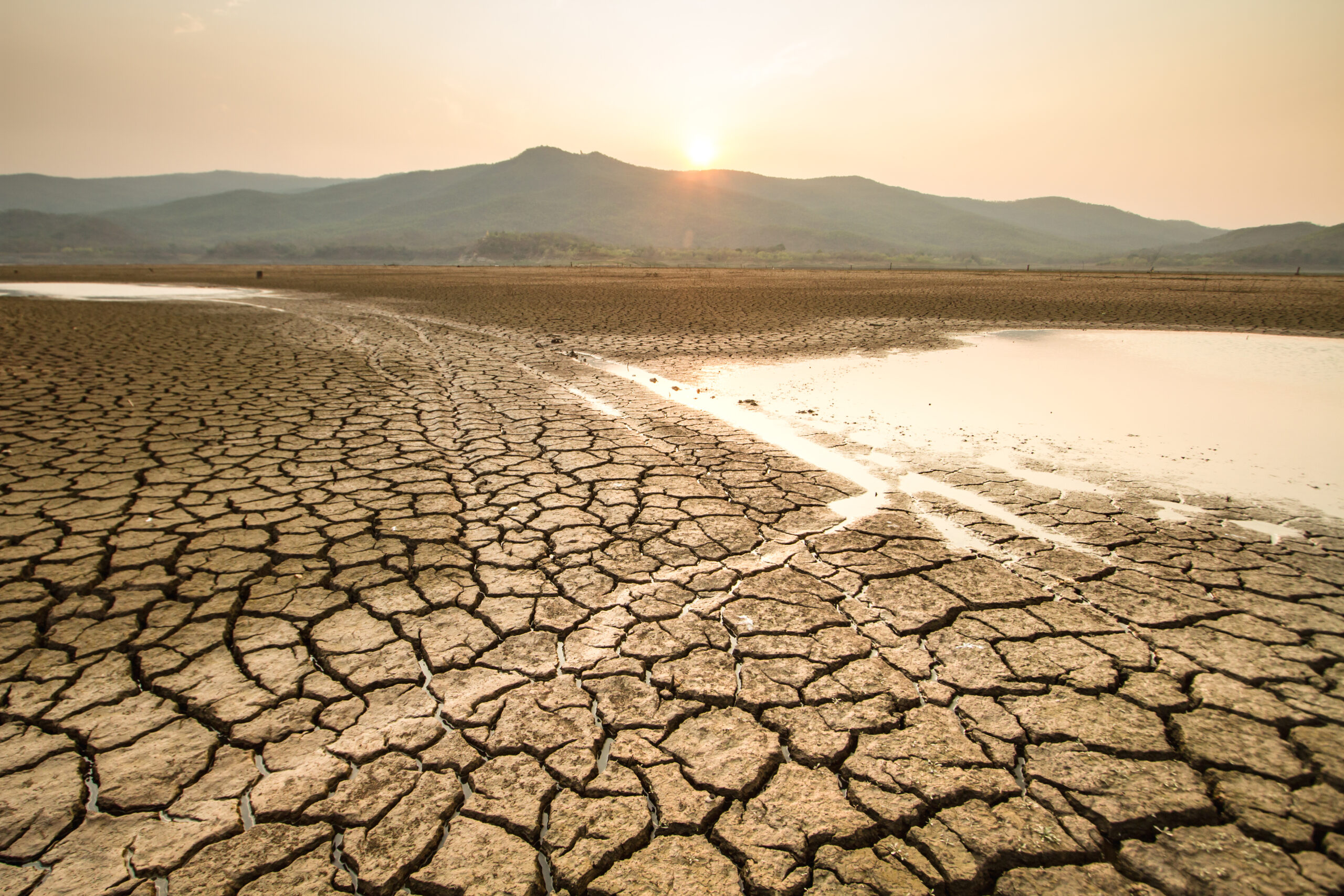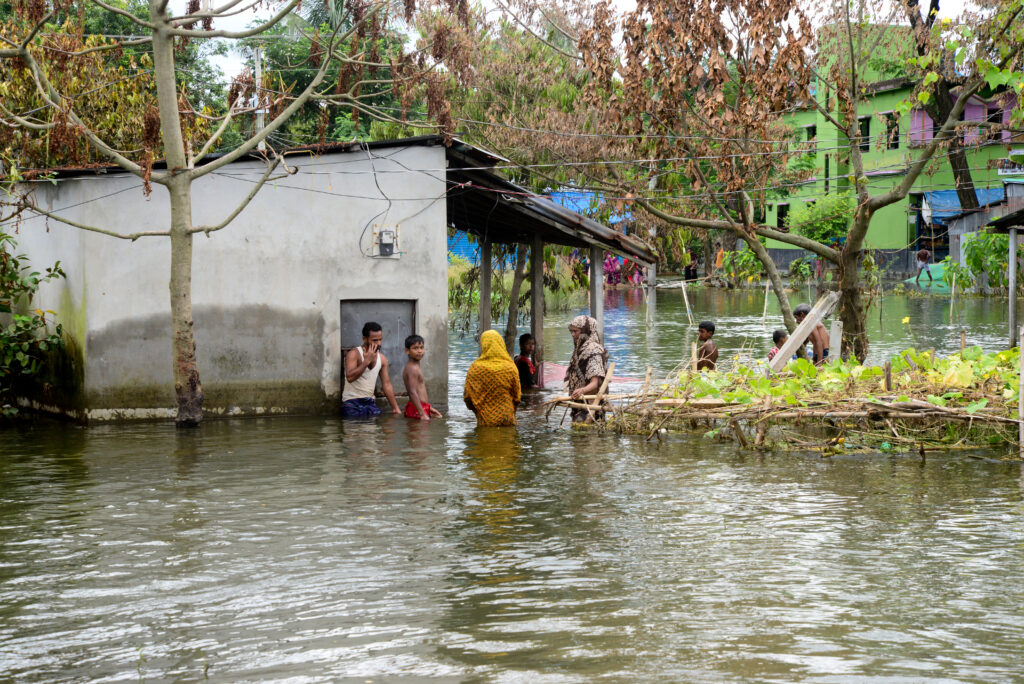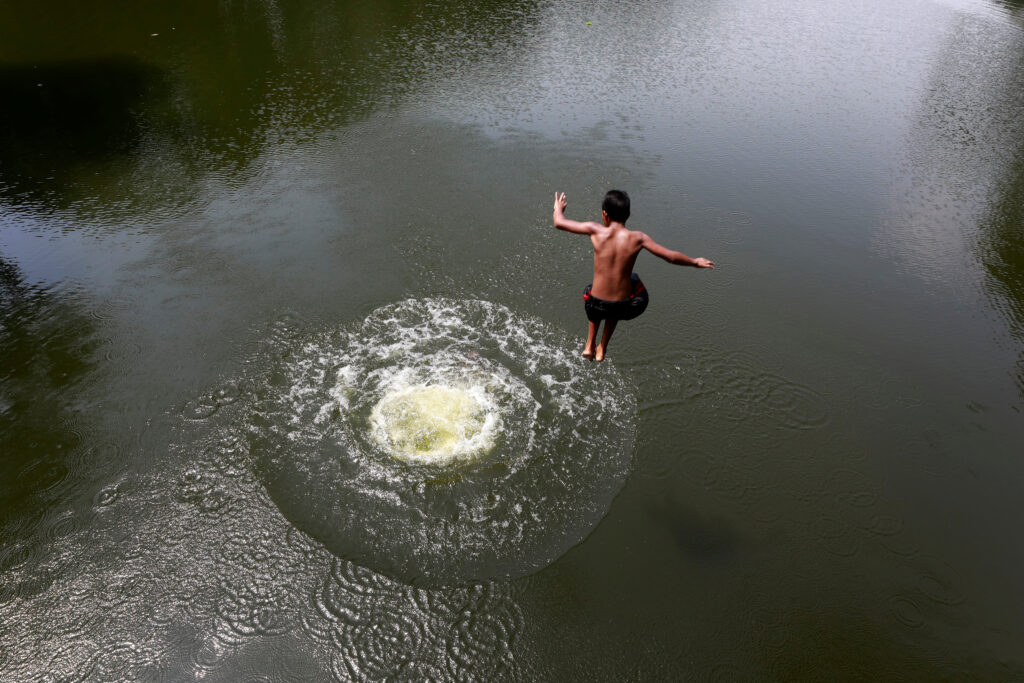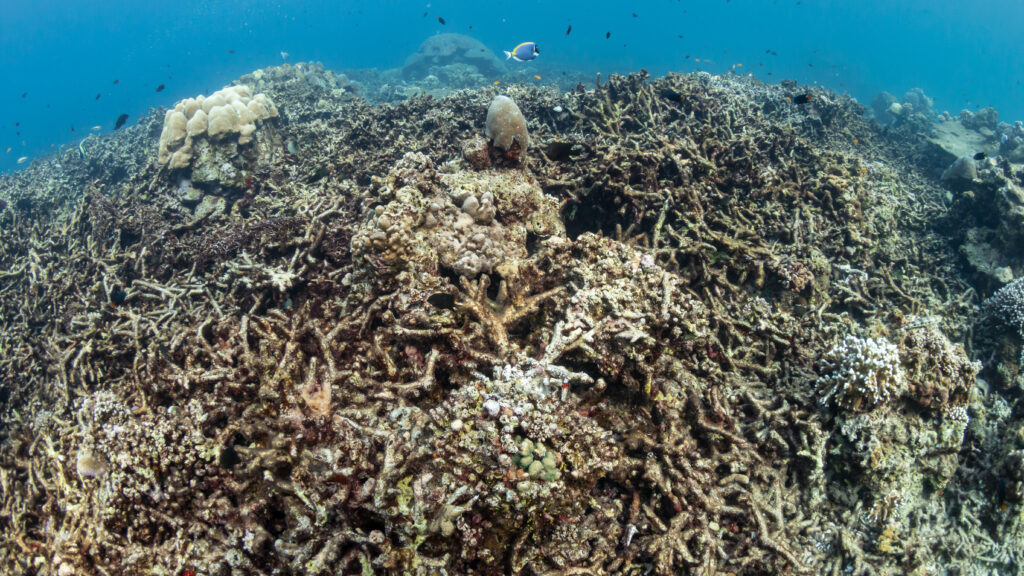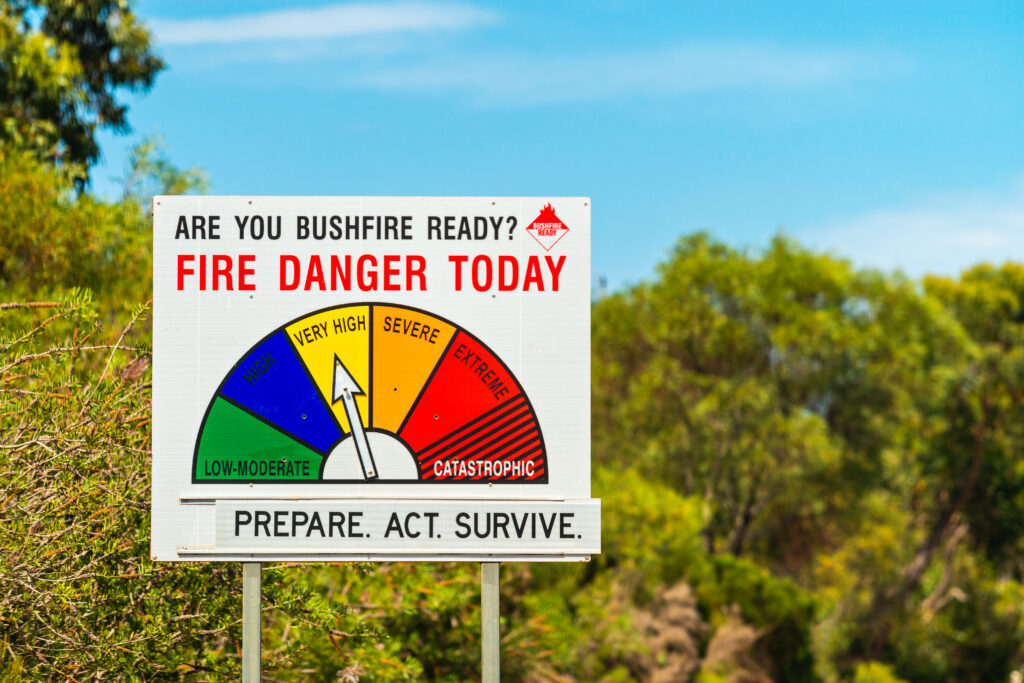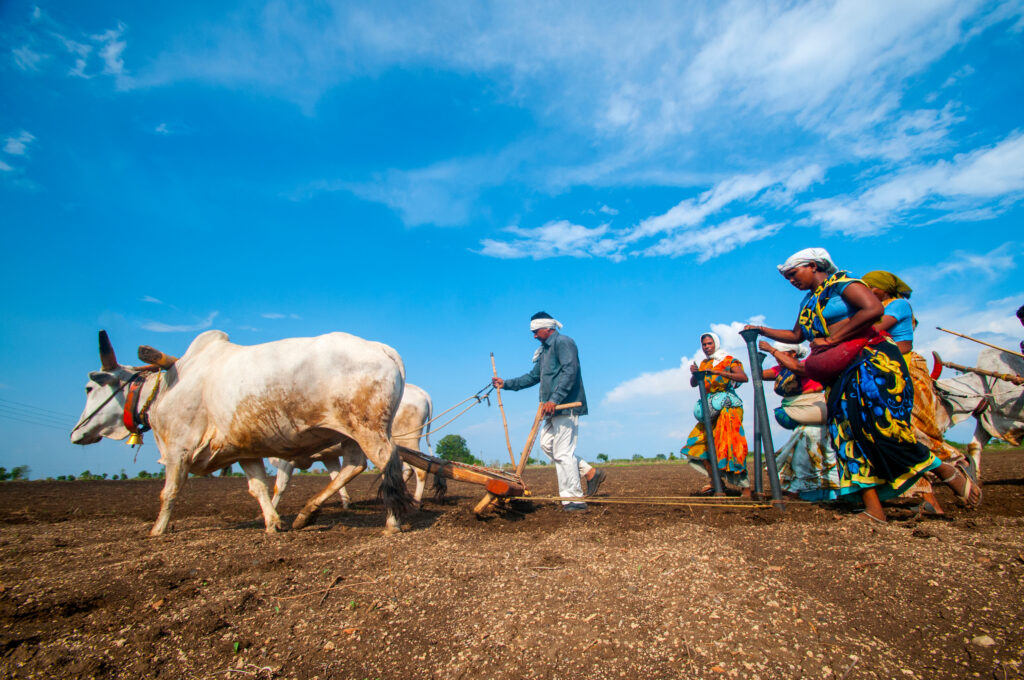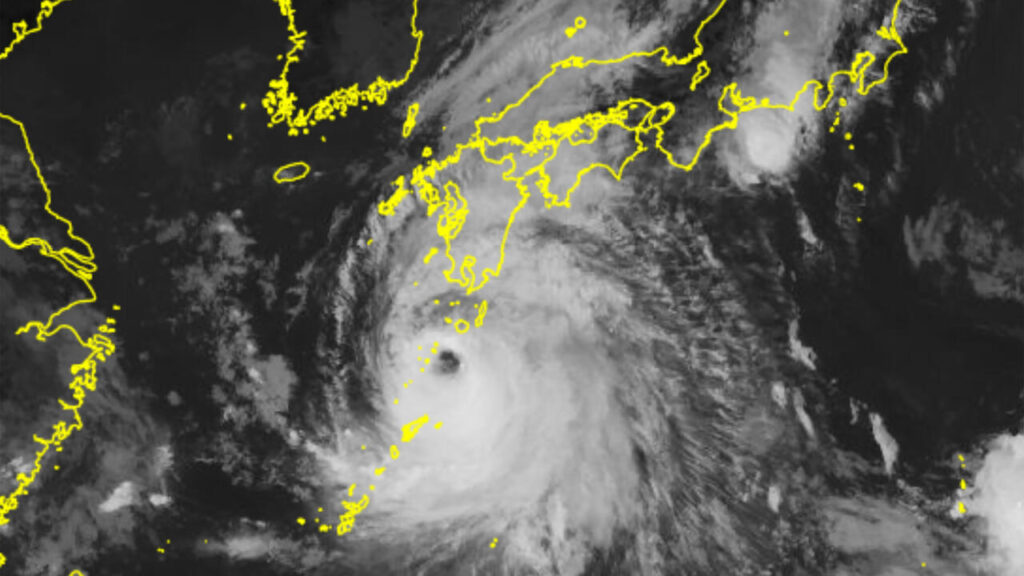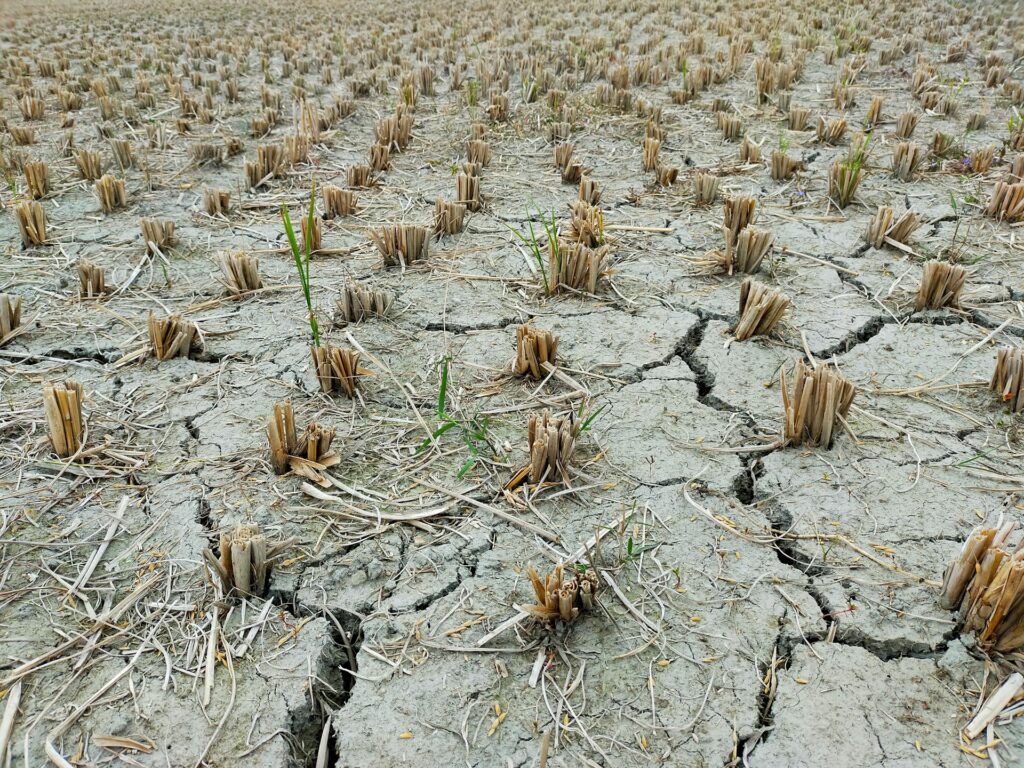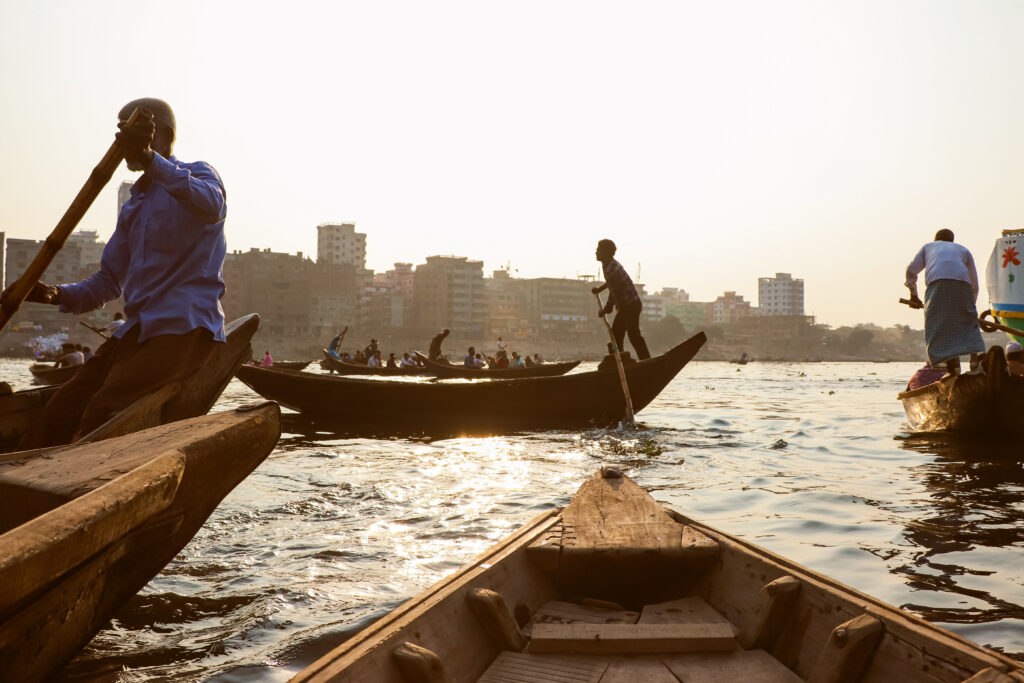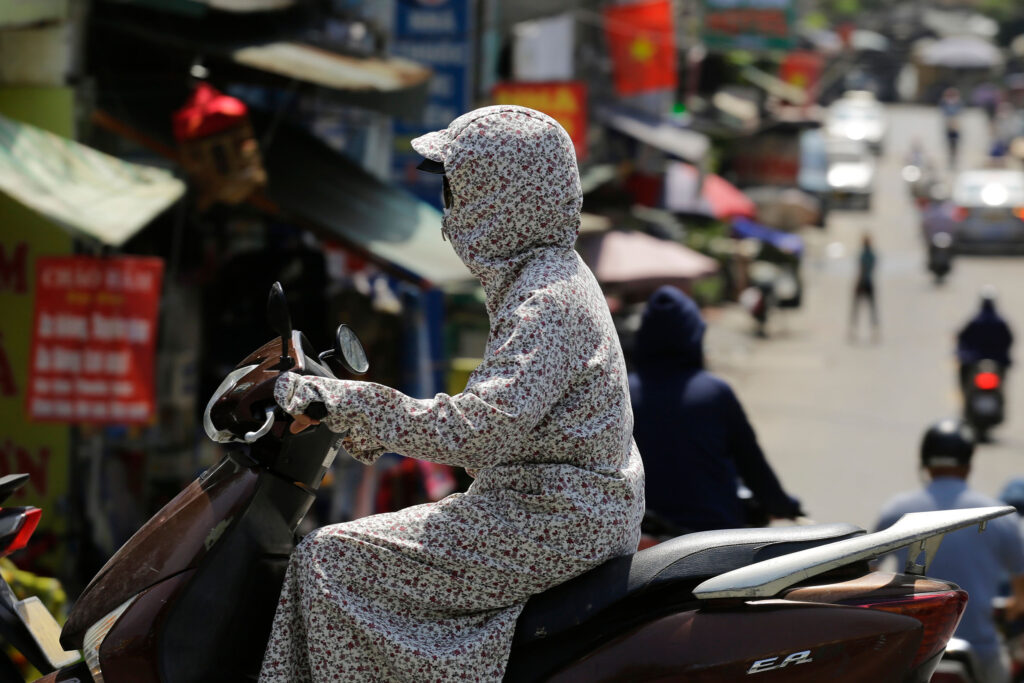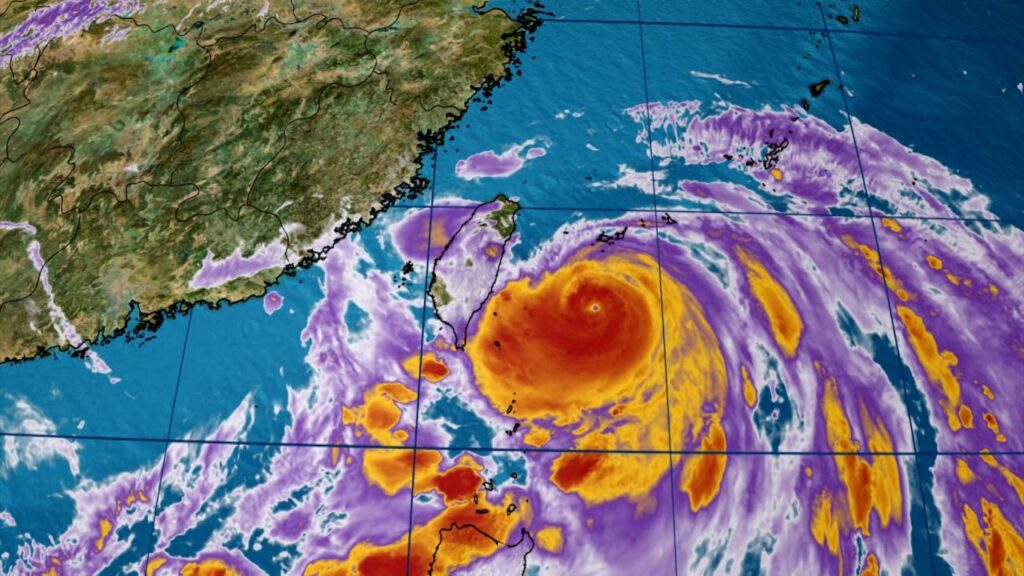Is climate change getting worse? With unprecedented climate-related extremes and disasters making headlines worldwide, a new study confirms that the past 12 months have been the hottest on record.
The nonprofit Climate Central demonstrates in its analysis that average temperatures between November 2022 and October 2023 were 1.32°C above pre-industrial levels. This is the hottest the planet has been in at least 125,000 years.
Dr. Andrew Pershing, vice president for science at Climate Central, said that the results are unfortunately not surprising, but they are the predicted continuation of planetary heating caused by burning fossil fuels. “This 12-month record is exactly what we expect from a global climate fuelled by carbon pollution,” he said.
Dr. Pershing warned that human induced climate change will cause even more extreme weather worldwide. “Records will continue to fall next year, especially as the growing El Niño begins to take hold, exposing billions to unusual heat. While climate impacts are most acute in developing countries near the equator, seeing climate-fueled streaks of extreme heat in the U.S., India, Japan, and Europe underscores that no one is safe from climate change.”
Global Temperatures Are Soaring
The study used weather attribution analysis to reveal that more than 99% of humanity – 8.7 billion people – lived through above-average heat over the period. Within this, 5.7 billion people experienced at least 30 days of above-average global temperatures made at least three times more likely by the influence of climate change.
In Asia, that exposure included nearly every resident of Japan, Indonesia, the Philippines, Vietnam, Bangladesh and many millions more in other nations. Two Indonesian cities – Jakarta and Tangerang – experienced 17 straight days of extreme heat, which were made at least five times more likely due to climate change.
Climate science showed that humanity’s fingerprints are firmly stamped on this extreme heat. “Earth’s temperature has been steadily increasing since the 1960s. This cannot be explained by natural causes,” write University of Oxford researchers.
Along with extreme heat events, Earth’s rising temperatures fuel other climate extremes, including lengthier droughts and more severe storms, rainfall, sea level rise and flooding. These “widespread, rapid and intensifying” climate change impacts will worsen without the curbing of global emissions. But under current policies, the temperature rise this century will make the planet the hottest it has been for over 3 million years.
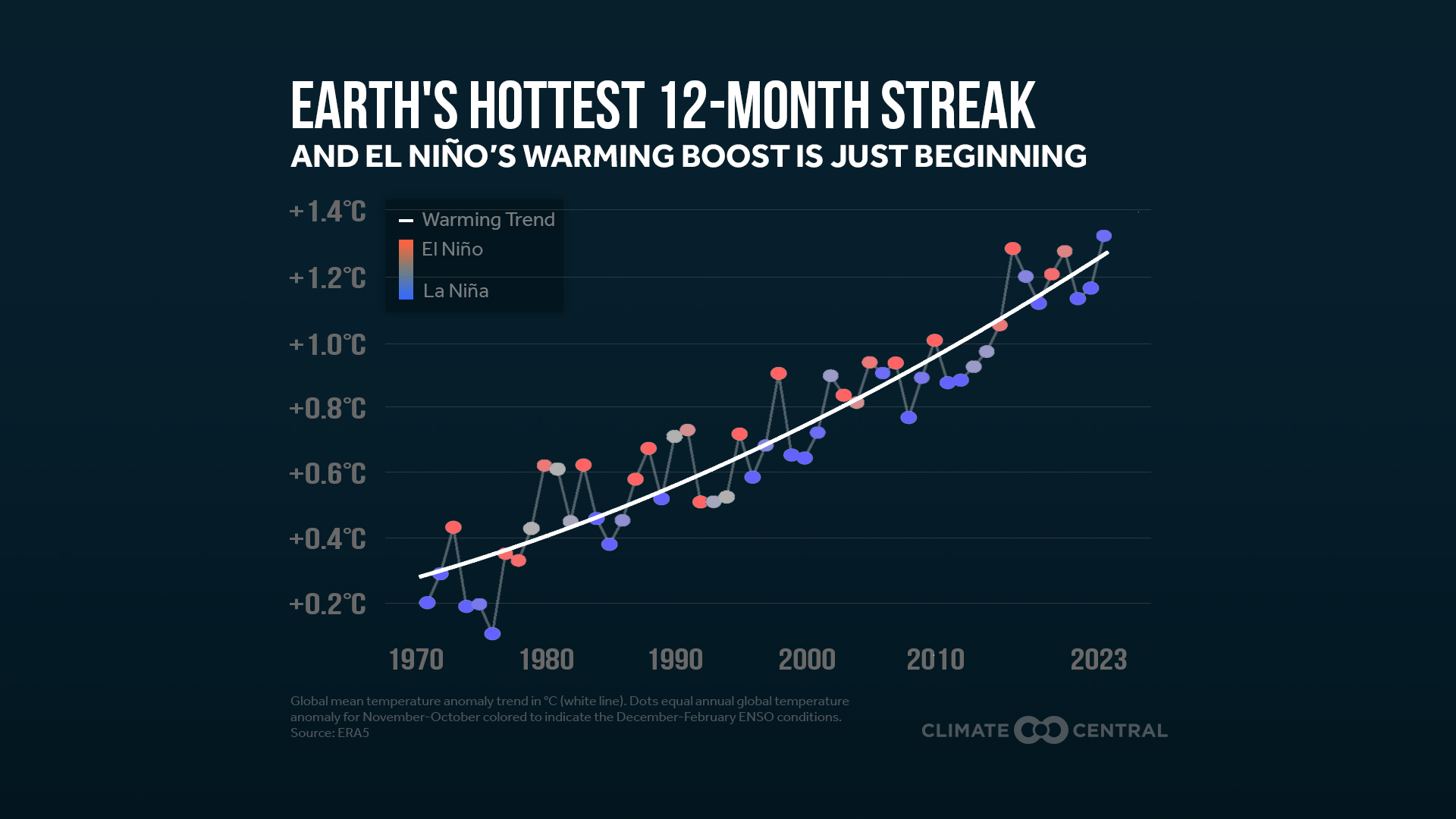
How Is Climate Change Affecting People and Nature?
These increasing climate extremes are harming people and nature profoundly across all continents. They are wreaking havoc on livelihoods, communities, health and food security and hitting harder and faster than humans, animals and plants can adapt.
For example, extreme heat destroys habitats and crops and stresses water sources. It also puts lives and public health at risk. In October 2023, in the Amazon River region, the water level reached its lowest point ever recorded, affecting water and food distribution to half a million people. Heat waves in South and East Asia approached the human survivability threshold, killing at least 264 people in India alone.
Amit Barikeri, a permaculturalist in Kalaburagi, India, explains how the climate in his region is changing. “Summer reached 46°C in our city. We have spent a lot on cool paint for walls in our home. Rains are very irregular, and groundwater is getting lower. It affects a lot of agriculture annual crops.”
Environmental researcher Tauhid Athanikar highlights the dire impacts of this on agricultural communities: “February 2023 was India’s hottest month in its 122-year recorded history, amplifying the challenges faced by farmers,” he said. “The unprecedented heat, coupled with crop failures from climate change, has heightened stress and mental health issues among agricultural communities. Over the past year, the alarming increase in farmers’ suicides underscores the profound impact on their livelihoods and emphasises the broader implications for the entire country.”
As well as extreme heat and drought, floods and storms devastate communities and the natural world. The events can reverse years of progress in poverty reduction and development. Already, 1.81 billion people live at risk of flooding, and exposure will worsen due to climate change and urbanisation.
How Are Extreme Weather and Climate Change Affecting Economies?
Economies are entirely dependent upon the natural systems, and destruction caused by climate extremes is incredibly costly. In the past 12 months alone, 24 extreme weather events in the US have caused more than USD 67 billion in financial losses. Argentina’s heat-boosted drought led to an estimated 3% GDP reduction. In contrast, the Panama Canal – the world’s busiest trade passage, operating 5% of global trade – has been disrupted by the two-year-long drought for months.
Increasing temperatures also make heat-exposed work dangerous in many regions, putting unprecedented burdens on livelihoods and the climate system. In India, 50% of GDP depends on heat-exposed work, placing workers and industries at risk.
Without urgent action, the damage will continue to escalate. Meanwhile, economic loss and damage from climate change could exceed USD 1 trillion annually by 2050, with climate-vulnerable nations in the Global South most at risk.
Fighting Global Warming: Reducing Global Greenhouse Gas Emissions Can Stop the Rising Heat
The science is clear: continued fossil fuel burning would spell disaster for humanity and nature. Already, it is imperilling life on this planet through dangerous heat, crop failures and catastrophic storms that are ravaging livelihoods and economies worldwide – with worse to come without immediate and sustained action. The world must reduce greenhouse gas emissions and carbon dioxide emissions to limit warming.
For this reason, climate scientist Dr. Friederike Otto emphasises that climate policy is not a luxury. The Paris Agreement is a human rights treaty, and continuing to burn fossil fuels in the current manner violates basic human rights, she said.
Therefore, an agreement for a rapid phase-out of their use must be a cornerstone outcome of this year’s COP28, said Dr. Otto. Halting global average temperature rise and reducing greenhouse gases is within reach if the world acts now, she said. “We know what we need to do to stop burning fossil fuels. We have the technologies, we have the know-how.”
Additionally, bringing the long-awaited loss and damage fund into operation is crucial to helping nations rebuild from locked-in climate-related disasters and extremes. As the report highlights, the communities most vulnerable to the climate crisis have contributed the least but are harmed the most.
Evelyn Smail
Writer, United Kingdom
Evelyn is a freelance writer and journalist specialising in climate science and policy, the just energy transition and the human impacts of climate change. She writes for independent publications, NGOs and environmental organisations. Evelyn has a background in sustainable development, climate justice and human rights.
Evelyn is a freelance writer and journalist specialising in climate science and policy, the just energy transition and the human impacts of climate change. She writes for independent publications, NGOs and environmental organisations. Evelyn has a background in sustainable development, climate justice and human rights.

